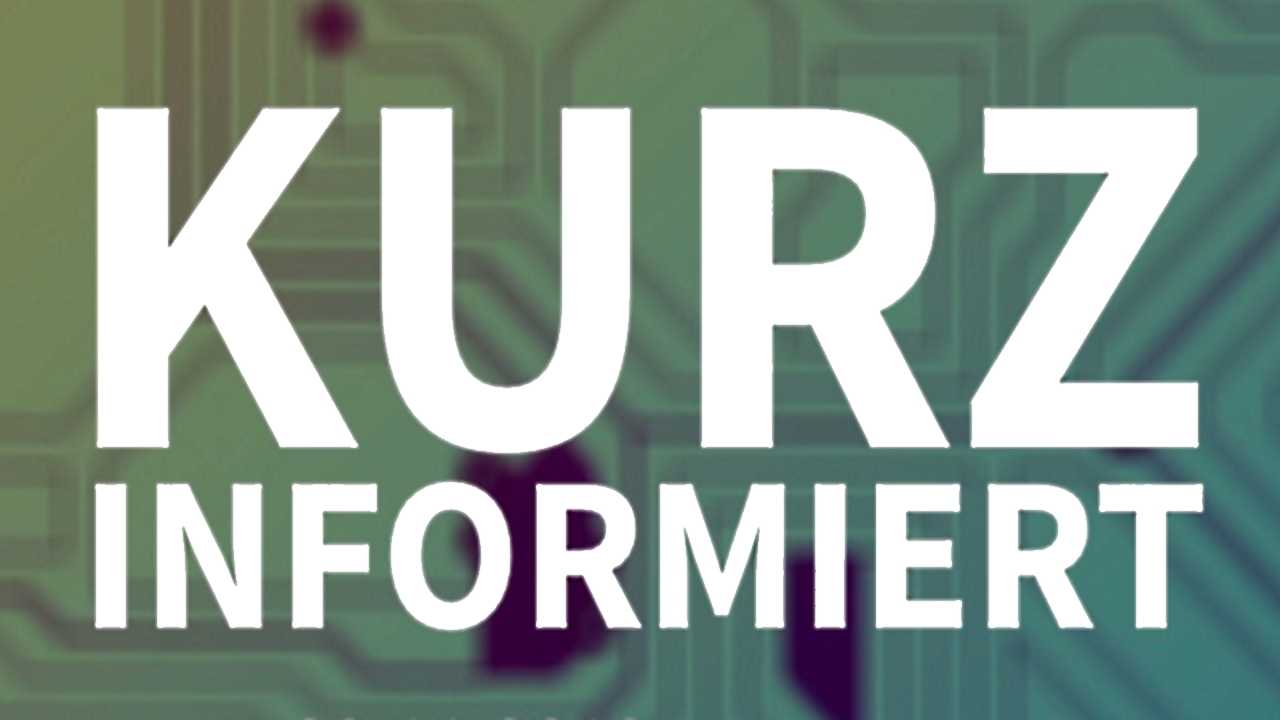Meta warns of surveillance
Meta Platforms tries with warning messages to draw the attention of around 50,000 Facebook users to the fact that they are the target of contract spies. It is not only about breaking into someone else’s computer, cell phone or account, but also about the preparatory steps “clarification” and “relationship building” that Meta noticed on its platforms Facebook, Instagram and WhatsApp. The evaluation of the information obtained through monitoring and making contact can already be sufficient for the client to put a target person under pressure or to blacken them. More awareness of this could thwart many attacks in advance.
Recommended editorial content
With your consent, external content will be loaded here.
Vulnerabilities in Lenovo software installed by default
An important security update for Lenovo System Interface Foundation now closes two vulnerabilities. Among other things, the software ensures that drivers are up-to-date and is installed and active on many models by default. Attackers could use it to attack Windows-based ThinkPad and Yoga laptops from Lenovo and obtain extensive system rights. The security patch should install itself automatically.

Our weekday news podcast delivers the most important news of the day compressed to 2 minutes. If you use voice assistants such as Amazon Alexa or Google Assistant, you can also hear or see the news there. Simply activate the skill on Alexa or say to the Google Assistant: “Play heise top”.
Spotify buys podcast service provider Whooshkaa
The music streaming service Spotify has bought the Australian audio service provider Whooshkaa. The company’s technology helps convert radio broadcasts into podcasts, manage and market them. This technology is now to be integrated into Spotify’s own podcast platform Megaphone, which the Swedish music streaming service bought in November 2020. The acquisitions demonstrate Spotify’s commitment to serving the lucrative podcast market.
Netto introduces cashless shopping
In Munich-Schwabing, the discounter Netto has opened its first branch, in which customers do not have to put the goods on a conveyor belt, but instead have their money automatically withdrawn. You check in with the Netto app via a QR code scan at a gate for the Pick & Go service, collect the goods and leave the branch with a new QR code scan through a separate exit. The shelves and ceilings in the store are equipped with sensors so that the purchased goods are recorded and assigned to the respective customers. The technology is GDPR-compliant, writes Netto, because no faces are recorded, the movement data of customers remains anonymous and no biometric data is stored.
If you have problems playing the video, please activate JavaScript
(igr)
